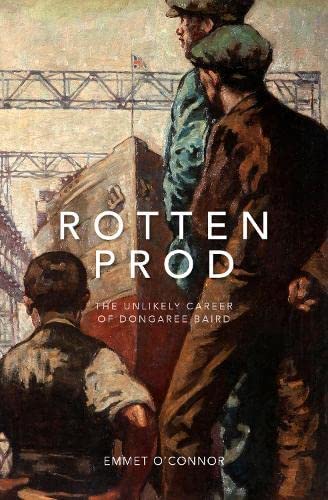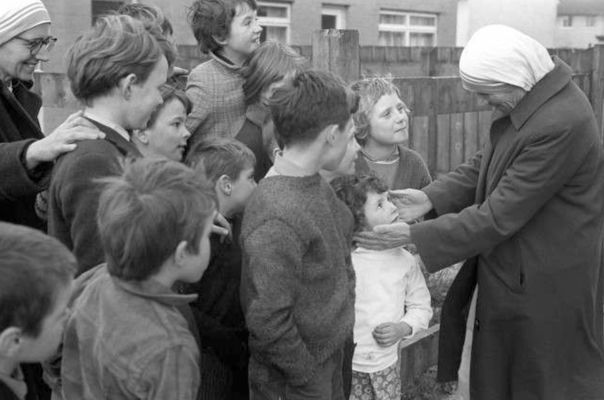A NEW book exploring the life of Protestant trade unionist, radical, and one-time city councillor James ‘Donagree’ Baird will be launched in Belfast today.
Written by Ulster University Professor Emmet O’Connor, ‘Rotten Prod’ will be launched by People Before Profit Councillor Matt Collins at QUB’s Peter Froggatt Centre at 6pm on Thursday.
A boilermaker in Harland and Wolff ’s shipyard, Baird was one of hundreds of ‘rotten Prods’ who – alongside thousands of Catholics - were driven from their workplace by loyalists in 1920.
The expulsions marked the end of Belfast’s ‘two red years’, distinguished by the massive engineering strike in 1919 and the municipal elections in 1920, in which Baird was elected to Belfast Corporation.
As a leader of the expelled shipyard workers, Baird spoke to the Irish and British TUCs, but Irish Labour had no practical policy on the North and British trade unions feared that confronting loyalists would lose them members.
Subsequently, Baird worked for the National Sailors’ and Firemen’s Union and the Irish Transport and General Workers’ Union, when he led the farm labourers of Waterford in an epic strike against wage cuts and was nearly elected to Dáil Éireann.
In 1927 he and his family emigrated to Brisbane, Queensland, where his daughters Nora and Helene were decorated by the Australian government for services to music in schools.
Speaking ahead of Thursday’s launch, Cllr Matt Collins said: “Rotten Prod is an incisive and timely reminder of the ability of class politics to trump the sectarian divisions that have plagued our society for too long.
“Baird’s life is emblematic of this city’s radical Protestant tradition. O’Connor’s account speaks to the tenacity of those workers who, valuing class over creed, were prepared to challenge communal division and to fight for a better deal for all.
“With a new wave of strikes emerging across the North, Protestants, Catholics, and none have once again taken to the picket lines to defend their fellow worker. Like Baird and his contemporaries, they are proving that working-class unity can prevail in the face of adversity.”








